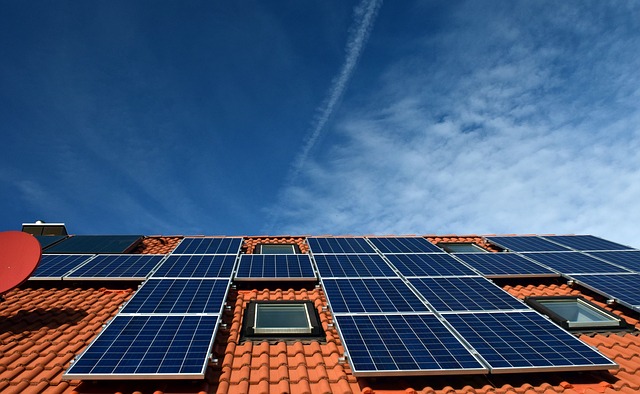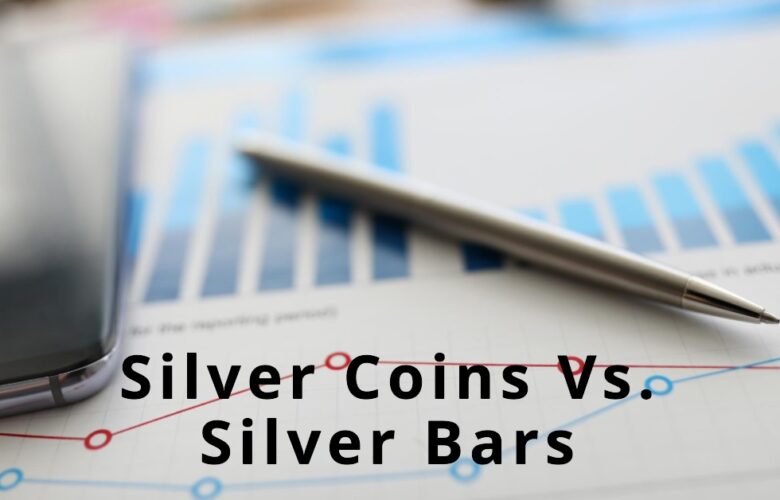The potential of solar energy is vast; not only can it help reduce our dependence on nonrenewable resources, but it can also offer numerous benefits to homeowners. With the cost of home solar systems decreasing, now is a great time to find out what advantages having a solar-powered home can bring. In this article, we’ll take a look at some of the lesser-known benefits that you may not have been aware of when considering home solar.
Tax Incentives
Tax incentives have made it easier and more cost-effective for homeowners to invest in solar energy. Since the federal government began offering income tax credits, many states have followed suit with additional incentives and rebates as a way to encourage property owners to make the switch from traditional power sources. Homeowners looking to benefit from these solar-specific savings can find them at both the state and federal levels.
At the federal level, taxpayers may be eligible for a 26 percent Investment Tax Credit (ITC) when they purchase or finance a residential solar energy system. This credit is available through December 31, 2021. In addition, those who purchase their system outright may be able to deduct 30 percent of its cost from their taxes via Section 25D of the Internal Revenue Code. On top of these benefits are those offered by many state governments.
Environmental Impact
Home solar energy provides an abundance of benefits for both the environment and the homeowner. Solar energy is a renewable energy source, meaning that it produces no carbon dioxide emissions – making it an environmentally friendly option for those looking to reduce their environmental footprint. Homeowners are able to take advantage of these environmental benefits by installing home solar systems, which can provide clean and reliable electricity throughout the day.
The environmental impact of home solar systems can be significant. When used in conjunction with other renewable sources such as wind or hydropower, they can help reduce a household’s reliance on fossil fuels, cutting down on harmful greenhouse gas emissions. Additionally, solar panels are made from recyclable materials, so when they reach their end-of-life stage they can be reused or recycled – helping to further reduce the waste associated with traditional power sources.
Maintenance & Durability
Maintaining and increasing the durability of home solar systems is a key factor to consider when deciding whether or not to make the switch from traditional sources of energy. Homeowners who choose to install solar panels on their homes can benefit from a variety of advantages, such as lower electricity bills, easier access to clean energy sources, and increased longevity for their systems.
The use of solar technology has been steadily growing over the last few decades due to its many benefits. Solar panels are designed with durability in mind, meaning they can withstand harsh weather conditions while still functioning at full capacity. Additionally, they require minimal maintenance once installed; most homeowners only need to keep an eye out for dust buildup and wipe down the panels every so often. As long as regular inspections are conducted, these systems will last for years with virtually no significant issues.
Home Value Increase
Despite the initial investment, homeowners who decide to install solar panels on their homes are realizing tremendous benefits in terms of increased home values. According to a recent report from Zillow, homes with solar power systems saw an average increase in value of 4.1% over non-solar homes. This is equivalent to an increase in home value of $9,274 for a median-valued US home.
The study also found that costs associated with installing home solar systems have been dramatically reduced in recent years. With such cost reductions and increasing consumer acceptance, it is no surprise that more and more homeowners are opting for solar energy solutions when looking to upgrade their homes and add value. In addition, incentives provided by local governments can greatly reduce the upfront costs associated with the installation of solar power systems, making them even more attractive investments for homeowners focused on maximizing return on investment.
Common Misconceptions About Home Solar
When it comes to home solar, there are many misconceptions that can keep homeowners from exploring the possibilities of outfitting their homes with solar panels. Homeowners may be deterred by the cost, lack of information about installation and maintenance, or even the potential for reduced roof aesthetics. However, these concerns are often unfounded because there are several ways to make home solar power a practical and financially viable option.
For starters, many people think that installing a home solar system is expensive and out of reach for the average person. However, with solar panel prices falling and many states offering incentives or subsidies for homeowners who switch to clean energy sources, going solar can actually be quite affordable. Additionally, most installation costs can be offset by tax credits or rebates!
Another common misconception is that you need to live in an area with lots of sunshine to benefit from home solar systems. In fact, most areas receive enough sunlight throughout the year for a house equipped with panels to generate all the power it needs.
Conclusion
In conclusion, home solar systems offer numerous and unexpected benefits that can be enjoyed by households of all sizes. From improving your home’s value to providing you with an independent source of power, there are many reasons to consider installing a solar system in your own home. Additionally, solar systems can help reduce emissions, promote sustainability, and provide a more cost-effective alternative to traditional energy sources. With the right guidance and expertise, you too can enjoy all the advantages that come from investing in solar power.




